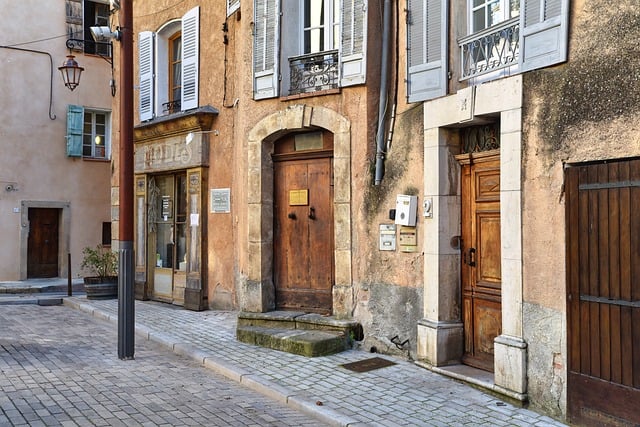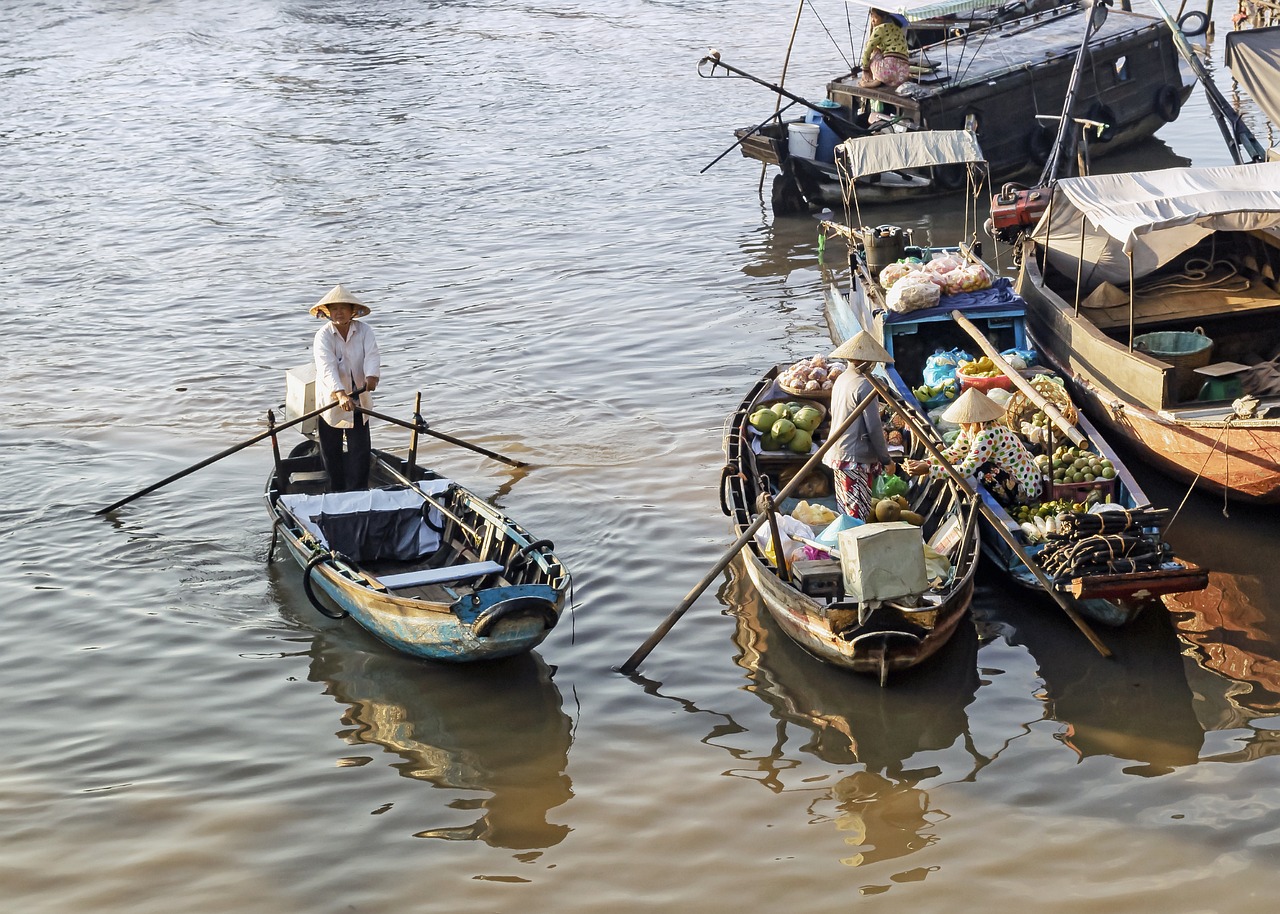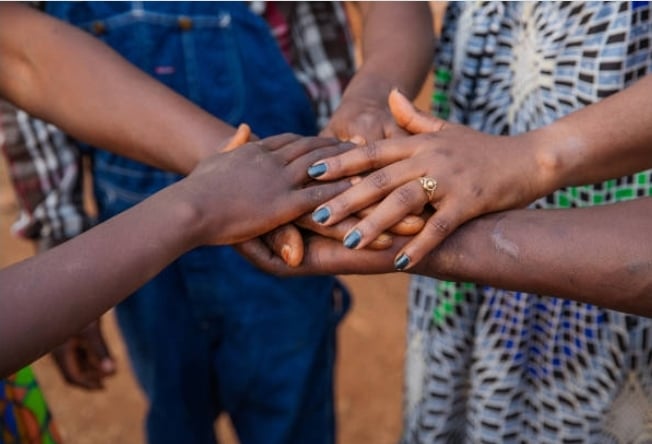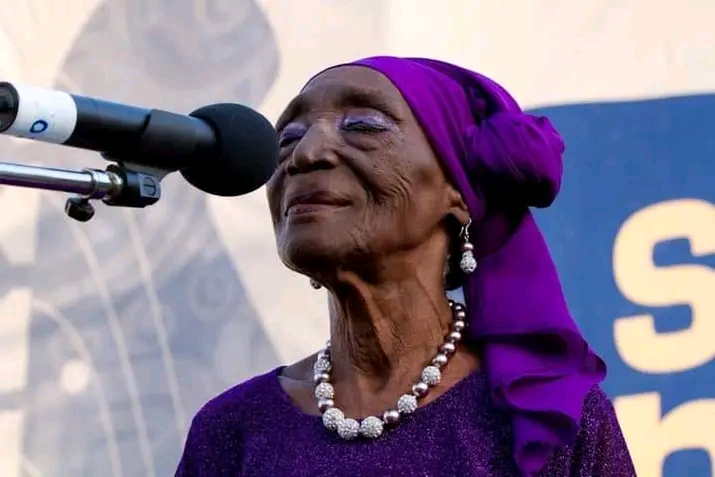Exploring Zanzibar's Rich Linguistic and Cultural Heritage


Zanzibar is often described as a meeting point of worlds—geographically, culturally, and linguistically. More than just a tropical escape, the island has been a historical nexus for centuries, where Africa, the Middle East, and even distant Asia intersected through trade, migration, and empire.
At the heart of this convergence is the Swahili language, a living testament to the island’s layered history and enduring connections to the wider world. As we embark on a journey through Zanzibar’s linguistic landscape, we uncover how language shapes not just communication but the very essence of place and belonging.
The Story of Swahili: A Language Born of Trade and Migration

To understand Zanzibar is to understand Swahili, a language born from the movement of people and goods along the East African coast. Swahili, or Kiswahili as it’s known locally, is a Bantu language that absorbed words and structures from Arabic, Persian, Portuguese, and even Hindi—reflecting the island’s history as a major trading post.
In the late first millennium, Arab and Persian traders sailed across the Indian Ocean, arriving on the shores of what is now Zanzibar and the Swahili Coast. Over time, these traders didn’t just exchange goods like ivory, spices, and gold; they also exchanged ideas and language. Arabic, in particular, left an indelible mark on Swahili. Many words related to religion, trade, and navigation are derived from Arabic, such as safari (journey) and heshima (respect).
But Swahili is much more than a linguistic fusion. It is deeply rooted in the Bantu languages of East Africa, making it both a local and global language. Zanzibar played a pivotal role in its development. As the heart of the Omani Sultanate in the 19th century, the island became a hub for commerce and culture, further solidifying Swahili as the lingua franca of the region. It’s no wonder that today, Zanzibar is regarded as one of the birthplaces of Swahili culture.
Language as a Reflection of Culture and Identity

Language, as we know, is more than a tool for communication—it is a reflection of culture, history, and identity. In Zanzibar, Swahili is not just spoken; it is lived. It permeates every aspect of life, from the bustling marketplaces of Stone Town to the quiet villages along the coast. Swahili embodies the island’s unique blend of African, Arab, and Asian influences.
Take, for instance, the concept of uhuru (freedom), a word frequently invoked during Tanzania’s fight for independence from colonial rule. While it resonates politically, it also carries deep cultural connotations, symbolizing not just freedom from foreign domination but also the ability to define oneself and one’s culture. In this way, language becomes a vessel for expressing both the historical struggles and the enduring pride of the Zanzibari people.
As a traveler, immersing yourself in this linguistic world means more than just learning a few phrases. It’s about stepping into a worldview where relationships, respect, and reciprocity are paramount. In Swahili, greetings are not mere formalities but essential rituals that signify connection and shared humanity.
Swahili Phrases: More Than Words, A Gateway to Connection
Learning a few Swahili phrases not only enriches your travel experience in Zanzibar but also opens a door to understanding the island’s deep cultural roots. Each phrase carries with it a history, a way of thinking, and an approach to life that reflects the values of the Swahili people. Here are some phrases that will deepen your engagement with the island and its people:
Jambo / Habari – Hello / How are you? At first glance, jambo seems like a simple greeting, often used by tourists. However, locals are more likely to say habari, which translates to “What’s the news?” It’s not just a casual “hello” but an invitation to connect, to understand the other person’s state of being.
Shikamoo – I respect you
This greeting is reserved for elders and people of higher social standing. It is more than just a polite acknowledgment—it is a recognition of age, wisdom, and status. The response, marahaba (thank you for your respect), completes the exchange, reinforcing the mutual respect that forms the basis of Swahili culture.Pole pole – Slowly, slowly
Zanzibar’s laid-back pace of life is captured perfectly by this phrase. It’s not just advice to slow down; it’s an invitation to align with the island’s rhythm, where things unfold in their own time. Life on Zanzibar follows the natural flow of the ocean tides, and pole pole is a reminder to be present, to let go of the rush of modern life.Hakuna matata – No worries
While popularized by movies, this phrase is a genuine Swahili expression that embodies the Zanzibari attitude towards life. It’s about finding peace in the present moment and accepting that life will work itself out, a philosophy that resonates deeply with the island’s culture of hospitality and calm.Karibu – Welcome
More than just a greeting, karibu symbolizes the warmth and generosity of Zanzibari hospitality. You’ll hear it everywhere, from local shops to guesthouses, as an open invitation to feel at home on the island.Asante / Asante sana – Thank you / Thank you very much
Expressions of gratitude are integral to Swahili culture, and you’ll often hear these words in daily interactions. Whether you’re thanking a market vendor or a tour guide, using asante or asante sana acknowledges the kindness and effort of others.Tafadhali – Please
A key phrase for politeness, tafadhali is essential when making requests. In a culture where respect is highly valued, this word will serve you well in creating positive, respectful interactions.Nzuri / Safi / Poa – Good / Cool / Fine
These words offer a spectrum of responses to the ubiquitous habari? or how are you? You can respond with nzuri (good), safi (cool), or poa (fine). Each carries a different tone, from the formal nzuri to the laid-back poa, giving you a sense of how adaptable the language is to the context.Pole – Sorry for your hardship
This versatile word is used to express sympathy or empathy for someone going through a difficult time, whether they’ve experienced a minor inconvenience or a significant loss. It’s a word that speaks to the strong sense of community and shared experience in Swahili culture.
Language and the Rhythm of Zanzibar

Bi Kidude, a legendary Tanzanian Taarab singer, performing on stage.
Zanzibar’s linguistic heritage is also closely tied to its musical traditions. Taarab, a genre of music that fuses Arabic, Indian, and African influences, is often sung in Swahili. The lyrics are rich with metaphor, proverbs, and storytelling, capturing the island’s collective memory and social commentary. Listening to taarab is like stepping into a living history, where the sounds and words convey emotions that transcend time.
Even in everyday speech, Zanzibaris use proverbs to convey deeper wisdom. One such proverb, Mgeni njoo, mwenyeji apone (The guest comes, so the host may benefit), reflects the reciprocal nature of hospitality in Swahili culture. It’s a reminder that both guest and host are enriched through their interaction, a philosophy that runs through the very fabric of life on the island.
Preserving a Linguistic Legacy in a Changing World
As Zanzibar continues to attract more visitors, the need to preserve its linguistic heritage becomes ever more pressing. While English is widely spoken in tourist areas, the survival and vitality of Swahili is essential to maintaining the island’s cultural integrity.

Efforts to promote Swahili literacy and education, particularly in rural areas, are crucial in ensuring that future generations remain connected to their linguistic roots.
For travelers, learning Swahili isn’t just about ease of communication—it’s a way to engage with Zanzibar on a deeper, more authentic level. It’s about showing respect for a culture that has welcomed outsiders for centuries, while still retaining its distinct identity.
Embrace the Language, Embrace Zanzibar
When you visit Zanzibar, speaking Swahili, even just a few words, allows you to peel back the layers of this beautiful island. It transforms your experience from that of a mere tourist to a traveler who seeks to understand, connect, and appreciate the deeper cultural currents that make Zanzibar unique. In a world increasingly shaped by global influences, Swahili remains a testament to Zanzibar’s enduring connection to its past, its people, and its place in the world.
So, whether you’re wandering through the spice-scented streets of Stone Town or relaxing on a quiet beach, take the time to embrace the language. Each phrase you learn is a step closer to understanding the island’s true heart, where history, culture, and language come together in a beautiful, harmonious blend.
Karibu Sana!



